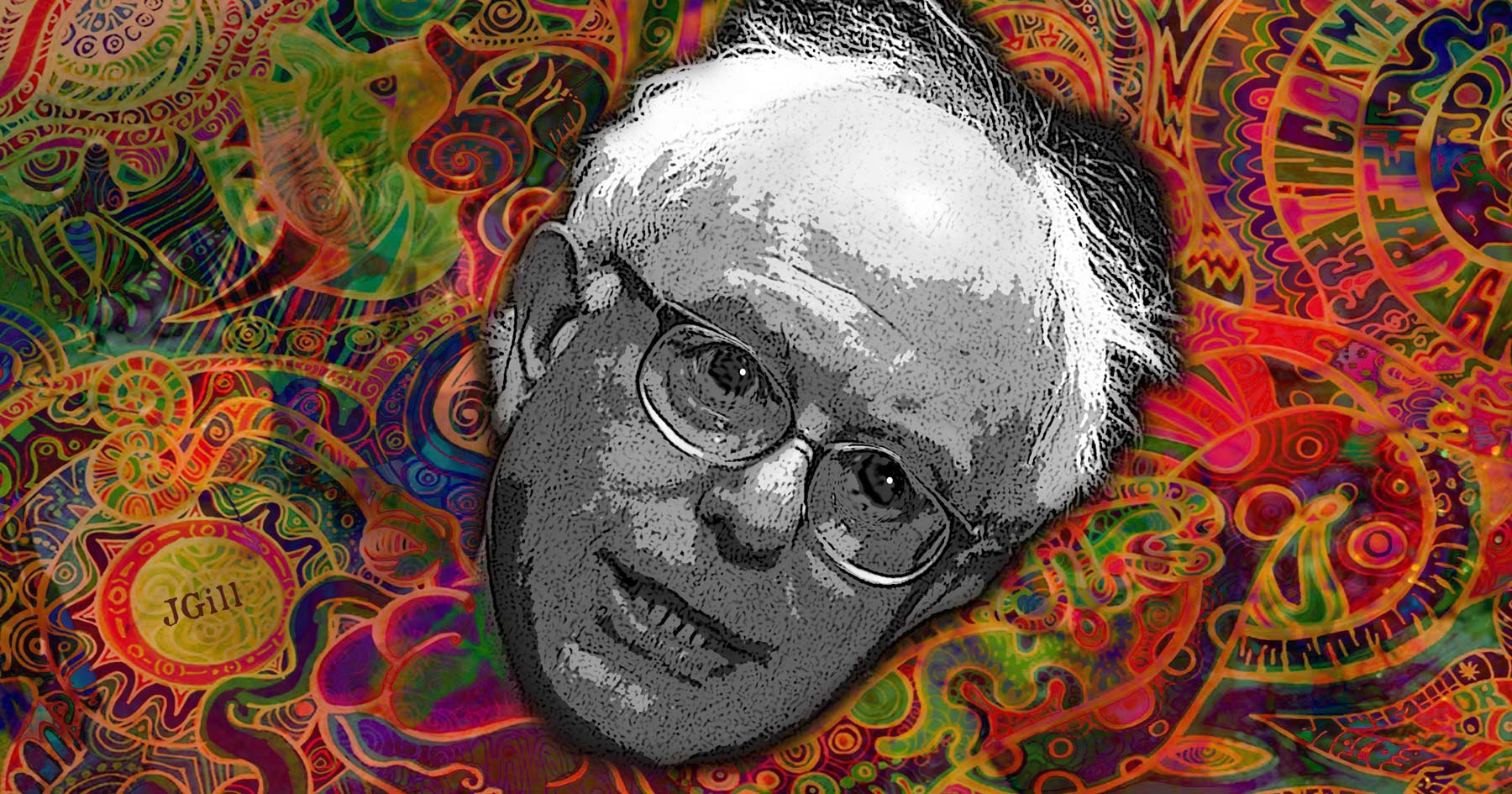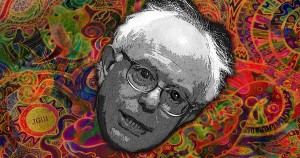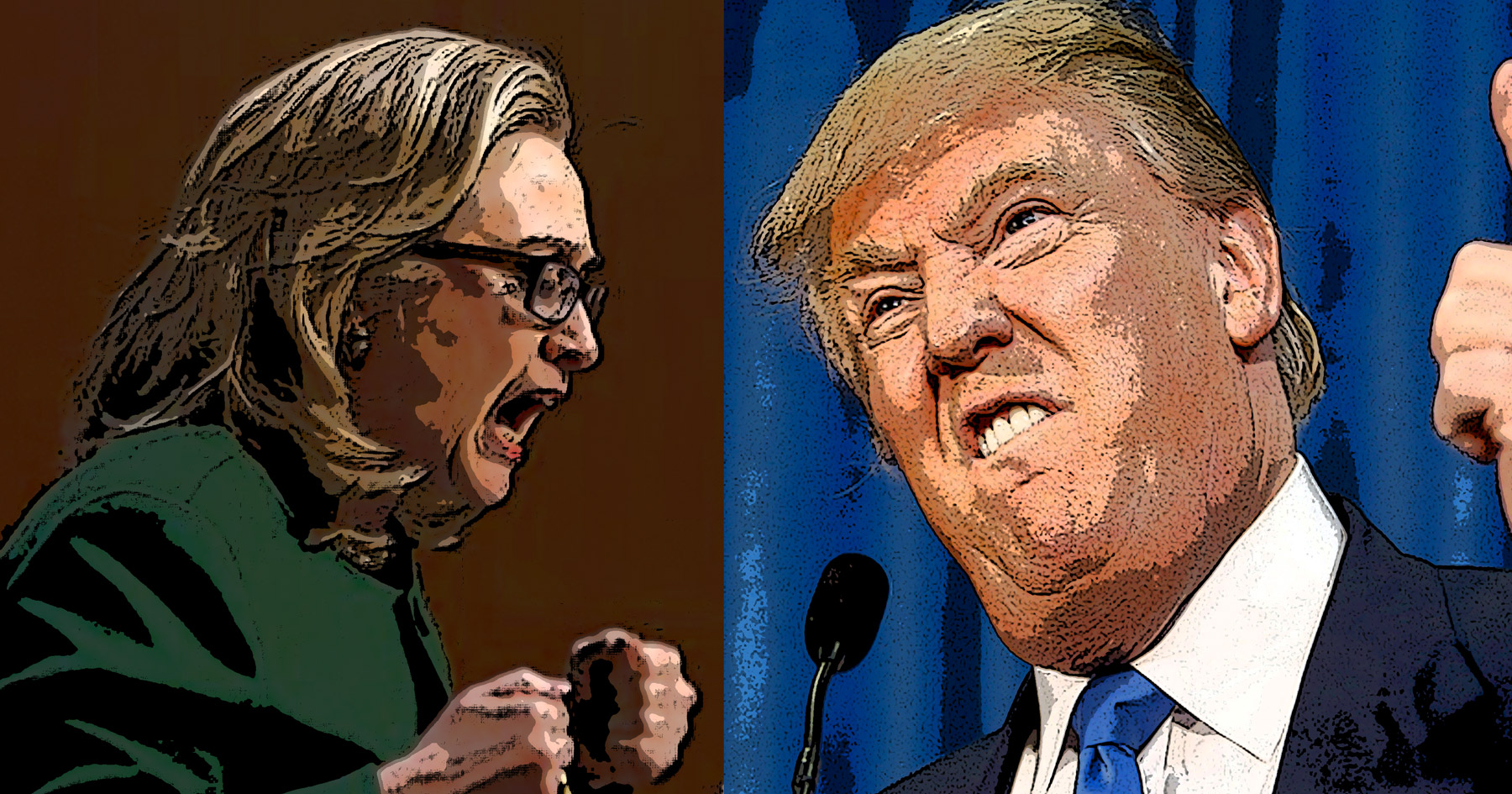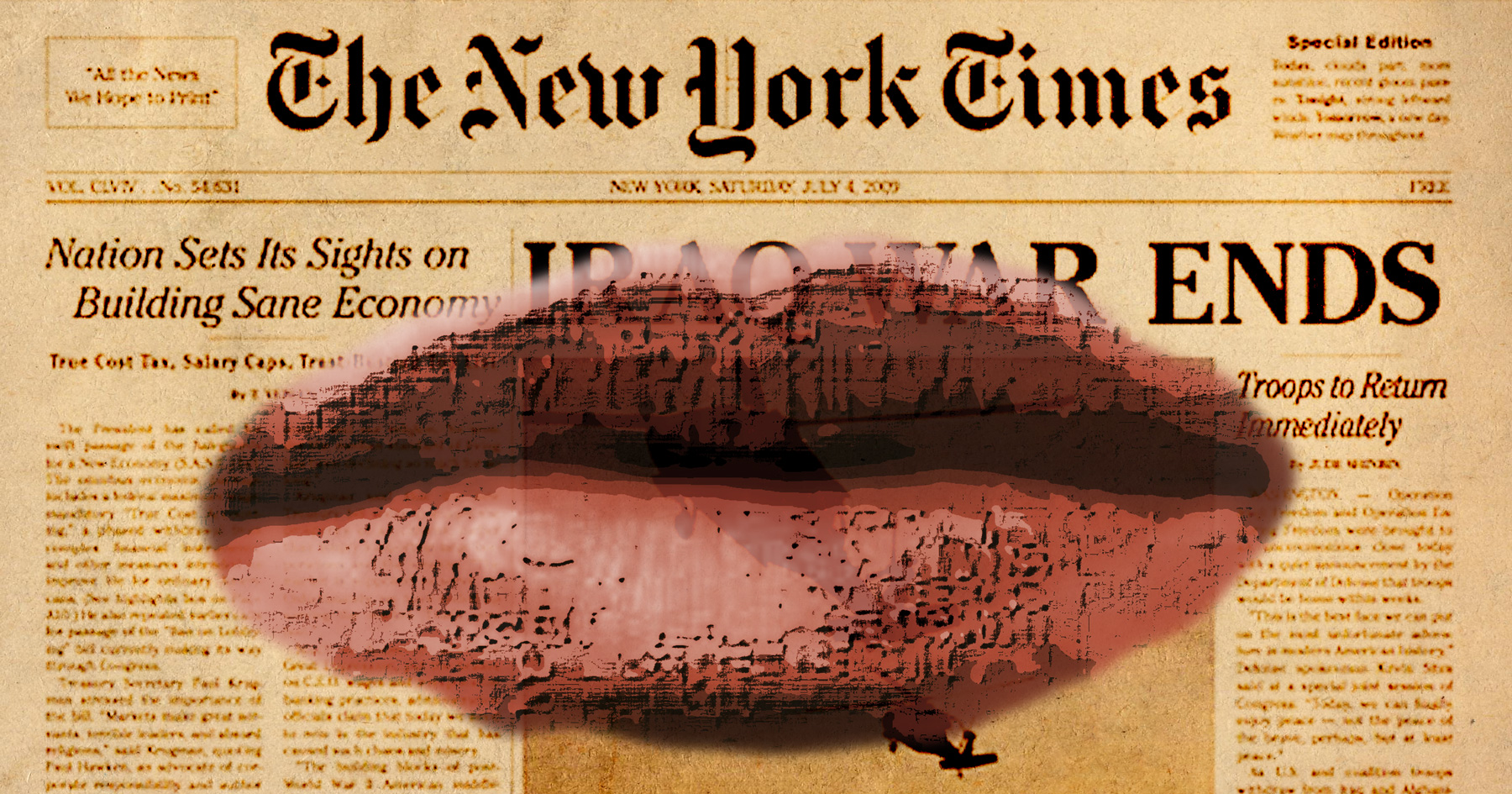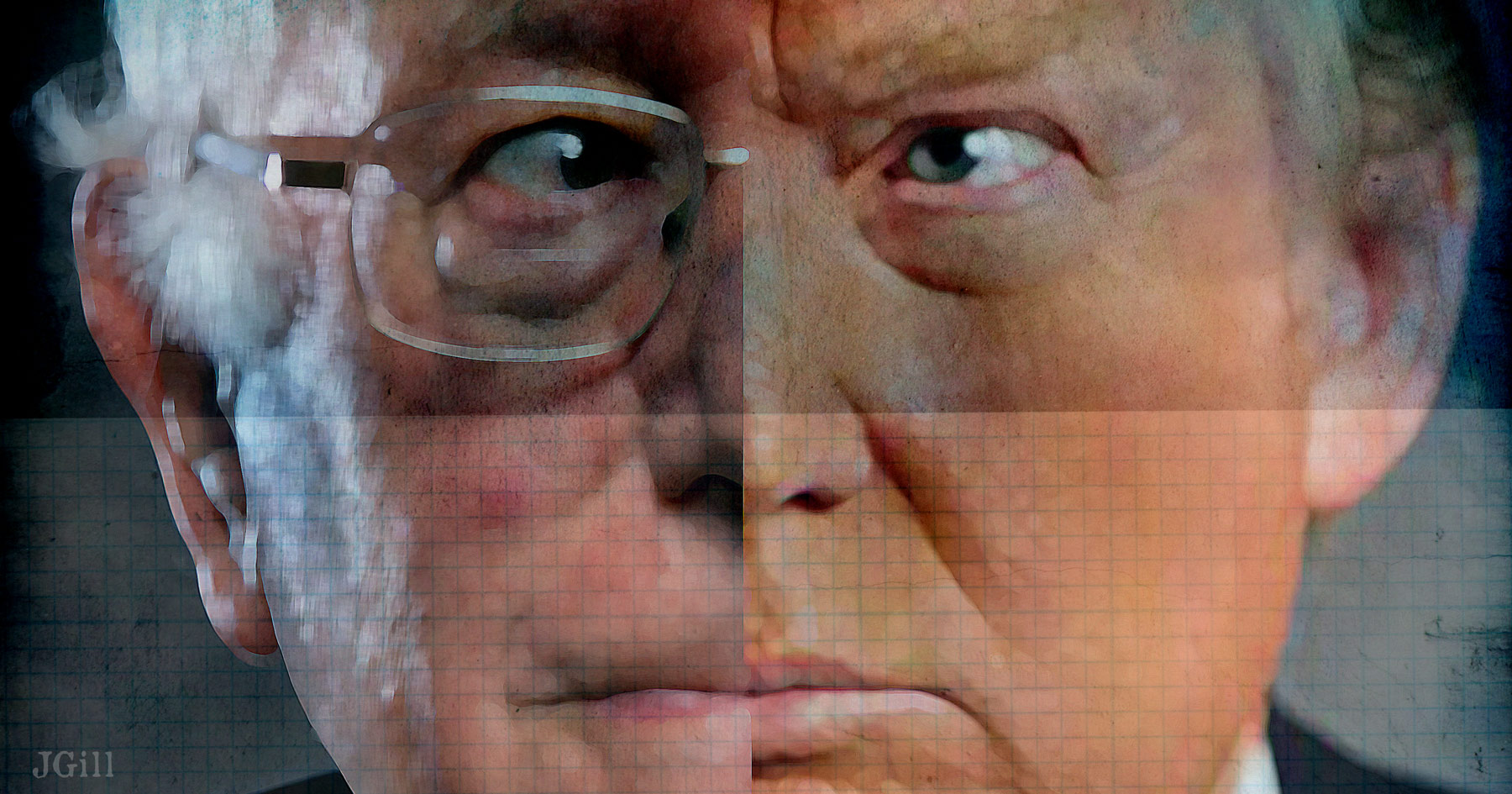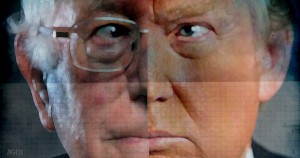Presidential candidate John McAfee is an adventurer. Best known for founding the first successful anti-computer virus company, he has also been shot at in tropical jungles, by men trained by U. S. forces, with American-bought guns. This range of experience makes him the most interesting presidential hopeful, bar none.
His big issue is cyber-security. He thinks Americans have placed themselves in a too-precarious position. As he sees it, the war on terror has served as a grand distraction from the real threat, a prime example of doing foreign policy and national security completely upside-down wrong.
He has a point.
But he’s neither a Democrat nor a Republican, and not long ago he realized that his own Cyber Party didn’t have the oomph to get him on the ballot in enough states.
So he has announced his candidacy for the Libertarian Party nomination.
Why? He’s obviously not a libertarian in any strict capital‑L sense. But the septuagenarian insists that he has been a libertarian at heart since before the word entered common use.
This is what the Libertarians get for their most obvious success: obtaining and keeping ballot status in more states for more election cycles than any other “minor party.”
Think of the Libertarian Party as the host, and one-time Republicans like former Congressman Bob Barr and former New Mexico Governor Gary Johnson — and now McAfee — as viruses, aiming to commandeer the host’s operating system.
Of course, one might also view the LP as a virus attempting to do the same to the federal government.
Shall we root for the viruses, for once?
This is Common Sense. I’m Paul Jacob.


